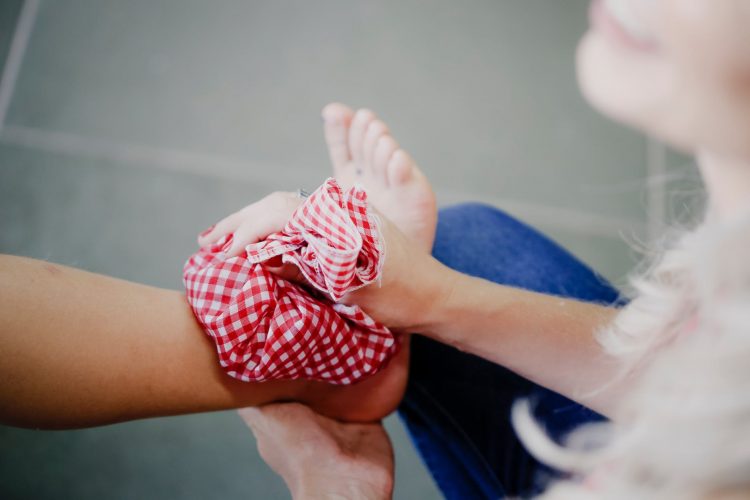Slip and fall accidents can happen anywhere and at any time. Unfortunately, they take place when you least expect them. Recovering from such an accident is generally a long, painful process. Simply pulling yourself up off the floor at the time of the accident may be difficult even if you’re not seriously injured. At the same time, falling on a slippery or treacherous surface may lead to injuries that run much deeper than the physical sense.
Legal professionals like those with statenislandesq.com see many different types of slips and falls. Some occur at work whereas others take place at other people’s homes. Still more happen in public places or local businesses. Either way, they can cause varying levels of injury. Sometimes, they leave lasting impressions on their victims and result in long-term or permanent disabilities.
Looking at the Facts
When you fall, the pain, embarrassment, and sheer shock of the situation can make you feel very alone no matter how many people saw it happen or crowded around after the fact. Rest assured, you’re not an isolated case by any means. In fact, an estimated 37 million falls each year are serious enough to require medical attention based on the latest reports. This makes falls the second-leading cause of accidental injuries across the globe. They’re also among the most misunderstood accidents, but dispelling the common myths can help clear up some of the confusion.
1) Property Owners Can’t Be Held Responsible If They Didn’t Know about the Dangerous Conditions that Caused Your Injuries.
Some legal professionals will tell you this is the case, and countless property owners try to use it as a defense, but it simply isn’t true. Home and business owners are responsible for keeping their properties safe for visitors. That means they’re also responsible for knowing the condition of their properties and taking the necessary measures to deal with potentially dangerous issues. In the case of business owners, they must train their employees to properly handle dangerous situations and provide adequate warnings for visitors. They can be held accountable for your injuries whether they knew about the hazardous conditions or not.
2) You Can’t Recover Damages If You Fall in a Common Area.
Many people believe you can’t sue for damages if you fall in a common area. This, too, is a myth. Cities, counties, states, municipalities, and business owners are responsible for keeping common areas clean and safe for the public. Who is at fault for your injuries will depend on all the factors surrounding the fall, but you can certainly file a personal injury claim. Whether you trip on a broken piece of sidewalk at the community pool or slip on a snow cone at a downtown street fair, someone was negligent by not providing a completely safe environment for visitors.
3) You Can’t File a Claim If the Fall Was Partially Your Fault.
Perhaps you slipped in a puddle at the supermarket while scrolling through your social media feed. Maybe you tripped over a loose piece of carpet while ushering your children through a restaurant. In either case, you may feel you can’t file a claim or recover damages because you should have been paying closer attention to your surroundings. Once again, this isn’t necessarily true. As mentioned, property owners are responsible for keeping their premises safe. Your damages may be reduced depending on how much of the accident was your fault, but you can still pursue compensation.
4) Filling out an Incident Report Guarantees Compensation.
In most cases, property owners or their employees are required to fill out an incident report after an injury. This is usually for their own protection rather than that of their visitors. Filling out an incident report only means you and the property owner acknowledge that an accident occurred. You should still consult with an attorney if you plan to file a personal injury claim.
5) You Can Only Recover Damages for Medical Expenses.
Medical expenses are a major concern after a slip and fall accident. They’re often the primary reason for filing personal injury claims. That doesn’t mean they’re the only damages you’re entitled to. You may be able to recover compensation for lost wages, pain, suffering, and emotional distress. In some cases, the property owner may be required to pay punitive damages as well.
All Things Considered
Millions of falls take place each year. Who is at fault isn’t always clear, and neither are the laws and regulations that apply to such cases. If you’ve sustained injuries due to unsafe conditions, don’t hesitate to reach out to a legal professional for help and answers to your questions.

